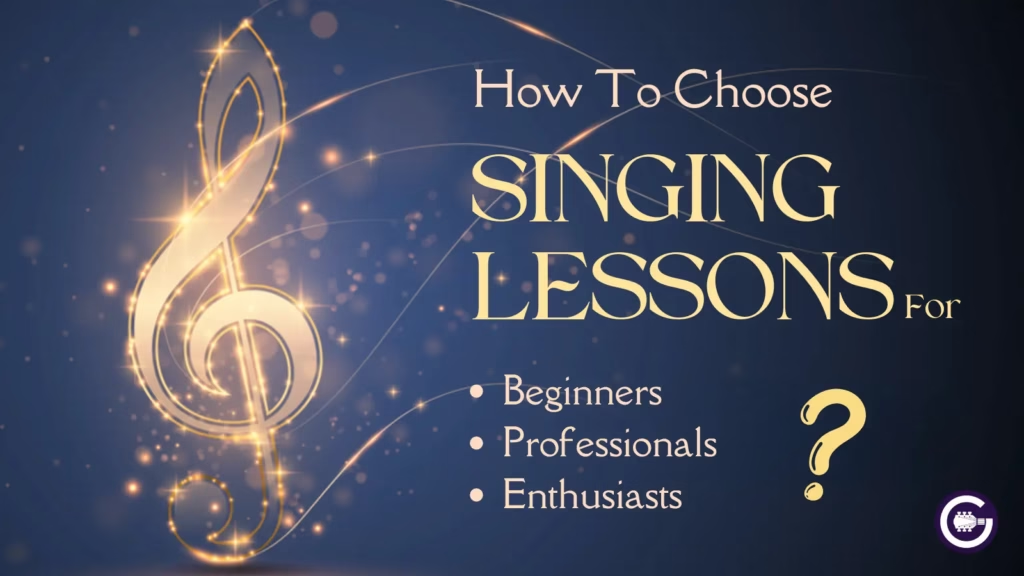Discover the Surprising Health Benefits of Learning Music
By Gandharva Learnings | January 08, 2025

Table of Contents
- 1. Unlocking Multidimensional Benefits
- 2. Cognitive Benefits of Learning Music
- 3. Academic Advantages of Music Education
- 4. Social and Relational Benefits of Music Learning
- 5. Intellectual Growth Through Music
- 6. Emotional and Physical Well-being Through Music
- 6. Emotional and Physical Well-being Through Music
- 7. Discover the Joy of Learning Music
The Father of Western Philosophy Plato beautifully says:-
The Incredible Power of Learning Music: Unlocking Multidimensional Benefits
Music is more than just an art form—it’s a transformative force that touches every aspect of life. From enhancing brainpower and academic performance to improving relationships and overall well-being, music offers countless benefits. Research and studies have consistently highlighted how learning music impacts individuals on multiple levels, making it a truly life-changing experience.
1. Cognitive Benefits of Learning Music
Music profoundly impacts the brain, fostering growth and development in many areas:
- Enhanced Brain Focus: Musical training sharpens focus and strengthens the ability to multitask, improving efficiency in daily activities. This has been supported by various cognitive studies linking music practice to better attention control.
- Improved Memory: Practicing music enhances both short- and long-term memory, enabling learners to retain and recall information effortlessly. Research shows that musicians have better memory recall than non-musicians.
- Boosted IQ and Neural Plasticity: Engaging with music leads to structural changes in the brain, boosting intelligence and adaptability to new challenges. A famous study from Harvard revealed that musical training improves overall cognitive development.
- Managing Alzheimer’s Symptoms: Music therapy aids in alleviating symptoms of memory loss, offering comfort and cognitive support, as observed in numerous therapeutic settings.
2. Academic Advantages of Music Education
Music enhances learning abilities, giving students an edge academically:
- Improved Literacy Skills: Learning music develops language processing skills, improving reading fluency and writing proficiency. Educational research highlights music’s role in phonological awareness.
- Enhanced Verbal Memory: Music students demonstrate superior memory for verbal content, aiding in academic and professional success. A long-term study found that music learners outperformed peers in verbal memory tests.
Lifelong Learning Adaptability: Musical training instills curiosity and adaptability, essential traits for thriving in an ever-changing world. Many educators emphasize how music fosters these key traits in students.
3. Social and Relational Benefits of Music Learning
Music serves as a universal connector, strengthening relationships and social skills:
- Improved Communication Skills: Musical expression fosters both verbal and non-verbal communication, enriching interactions. This aligns with findings that music enhances emotional and social intelligence.
- Building Empathy: Engaging with music cultivates emotional intelligence and helps learners connect more deeply with others. Studies confirm that group music activities foster empathy and collaboration.
- Boosted Confidence: Successfully mastering musical skills builds self-esteem and the courage to face challenges. Many learners report a boost in confidence after public performances.
Practical One-on-one live music lessons at Gandharva Schools of Music build trust, communication, and confidence through personal interaction with the instructor. These skills enhance social relationships and often connect students with like-minded individuals, fostering friendships and collaborations.
4. Intellectual Growth Through Music
Music contributes to intellectual development in surprising ways:
- Heightened Neural Processing: Musicians process information more efficiently, leading to sharper decision-making and critical thinking. Neuroscientific studies confirm that musical training enhances brain activity.
- Career and Relationship Readiness: Discipline and creativity gained through music prepare individuals for success in all walks of life. Many employers value the discipline and teamwork that music instills.
Intrinsic Motivation: Music inspires learners to set and achieve personal goals, fostering a spirit of self-improvement. Research has shown that music learners often demonstrate higher levels of intrinsic motivation.
5. Emotional and Physical Well-being Through Music
Music has a remarkable ability to heal and uplift:
- Stress Relief: Engaging with music calms the mind and reduces stress, promoting mental balance and relaxation. Studies on stress management often highlight music as a key tool.
- Pain Management: Music therapy helps distract from pain, providing relief for those with chronic conditions or undergoing recovery. Hospitals frequently use music therapy in pain management programs.
- Improved Sleep Patterns: Listening to soothing music enhances relaxation and improves the quality of sleep. Sleep experts recommend music as a natural aid for better rest.
- Enhanced Motor Skills: Playing instruments refines coordination and agility, contributing to better physical dexterity. Research shows that musicians develop superior fine motor skills over time.
Discover the Joy of Learning Music
Music is not just a skill—it’s a journey that can redefine your life. From academic success to emotional well-being, the benefits of learning music are unparalleled. However, the key to unlocking its full potential lies in learning from the right teachers and following a structured approach.
That’s where Gandharva School of Music comes in. With its network of certified tutors and expertly designed courses, Gandharva provides a supportive and personalized learning experience for students of all levels. Whether you’re a beginner looking to explore music for the first time or an advanced learner aiming to master your craft, Gandharva is your partner on this transformative journey.
Ready to experience the magic of music? Start with a free trial at Gandharva School of Music today and embark on a life-changing adventure!



